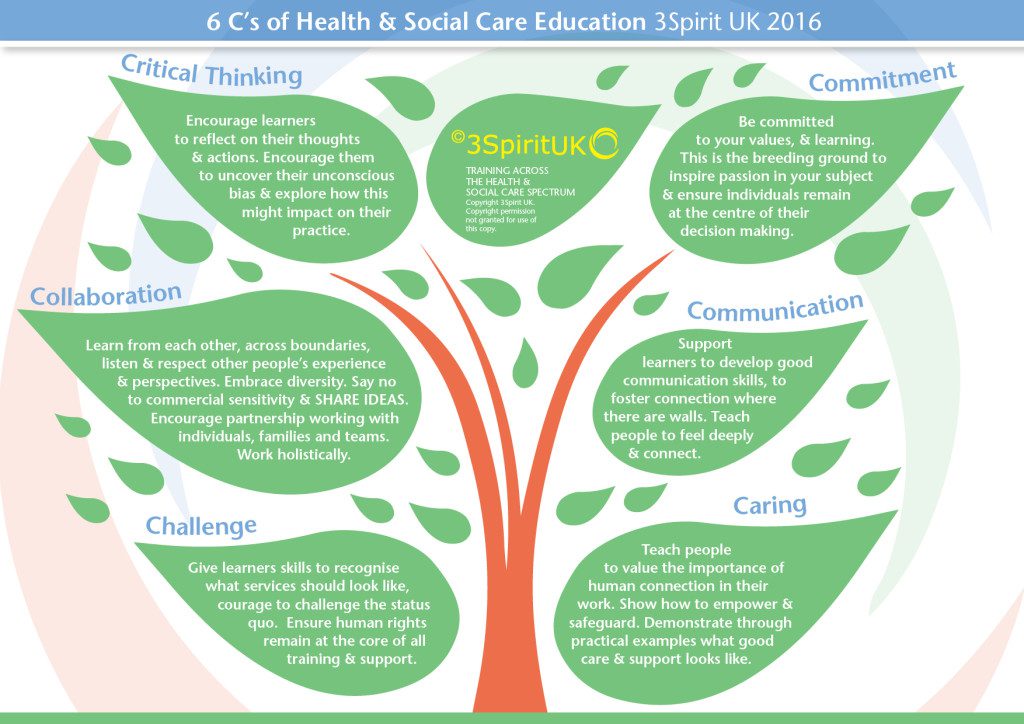
The CQC Report
Issued in 2014/15 identified a number of safety concerns in the Adult & Social Care sector i.e.
“A range of factors affect the safety of services, including a failure to investigate incidents properly and learn from them so they do not
happen again, ineffective safety and risk management systems and, in hospitals and adult social care, concerns with the adequacy of
staffing numbers and mix, alongside skills, training and support.”
In Adult Care Services specifically contributory factors were staffing levels, understanding and reporting safeguarding concerns, and poor medicines management. It was noted that “adult social care providers struggle to recruit the staff they need. Vacancies and turnover in the sector are high. For nurses, vacancy rates can be as high as 20% in domiciliary care and 11% in residential care.”
Additionally based upon an analysis of the inspections carried out 1 in 10 of adult social care services were rated as inadequate!
The CQC’s comments in relation to those inadequate ratings were “there were a range of governance issues that undermined the organisation’s quality and safety – from poor data quality (such as inaccurate care plans and medication records) or a lack of staff meetings, to little or no responsibility for complaints or mistakes.”
In relation to these concerns, of the inspections undertaken, there has been an increase in CQC enforcement actions to 7% in 2014/15 from 4% in 2013/14.
In contrast the observed outstanding services have management that ensure their staff receive continuous development and training. One inspector commented that
” It was how the people were supported. There were high levels of staff training; the training was just immense really, with staff doing refresher training throughout the year.”
These observations and data, particularly regarding vacancies and turnover, suggest that more effective risk management and quality training would be a substantial contribution to ensuring that care is always safe.
The HSE, following a review, have now recognised that there are aspects of health & safety training that can be covered by online training. Their guidelines are to be updated and will include advice to employers to ensure that the online training is fit for purpose. There are elements of Health & Safety training which must be classroom based i.e. first aid
My experience of training managers in the residential and domiciliary care sectors identifies, quite clearly, the challenge of developing effective risk assessments. Overcoming this challenge by using quality training companies not only assists these organisations in meeting their legal requirements but also minimises the risk of HSE sanctions and penalties that have been substantially increased in terms of fines and custodial sentences.
Neil Bitting (3 Spirit Trainer)
Follow UsShare Us

